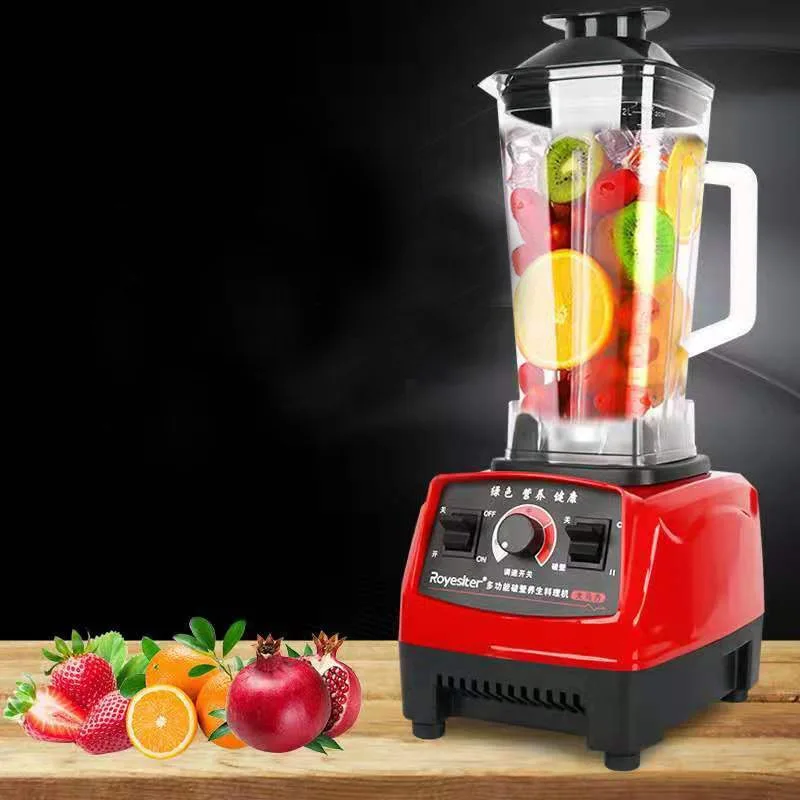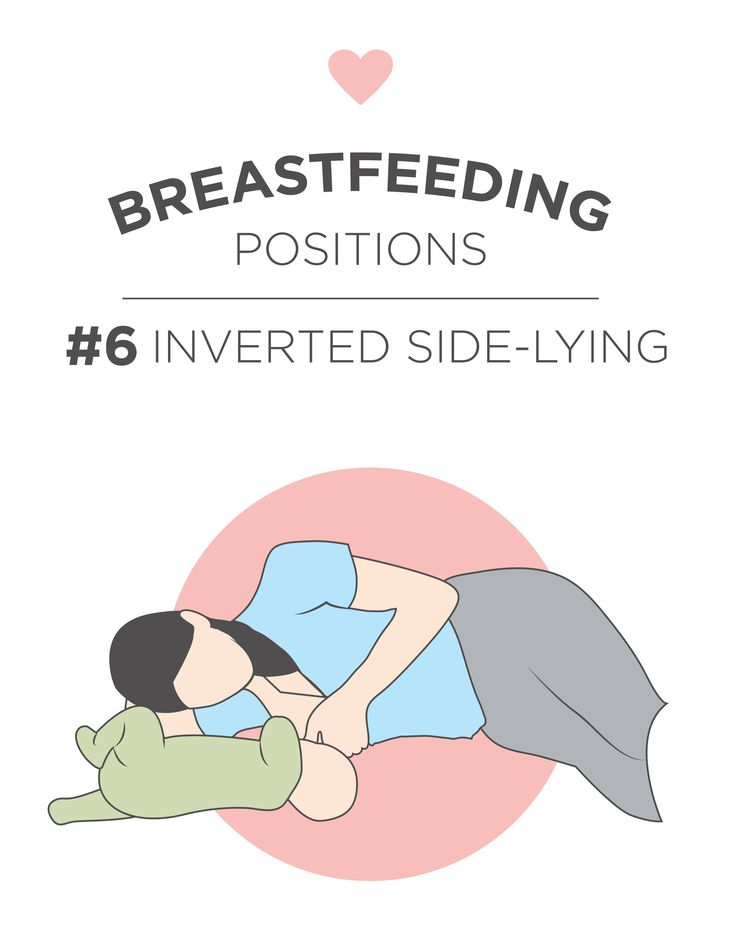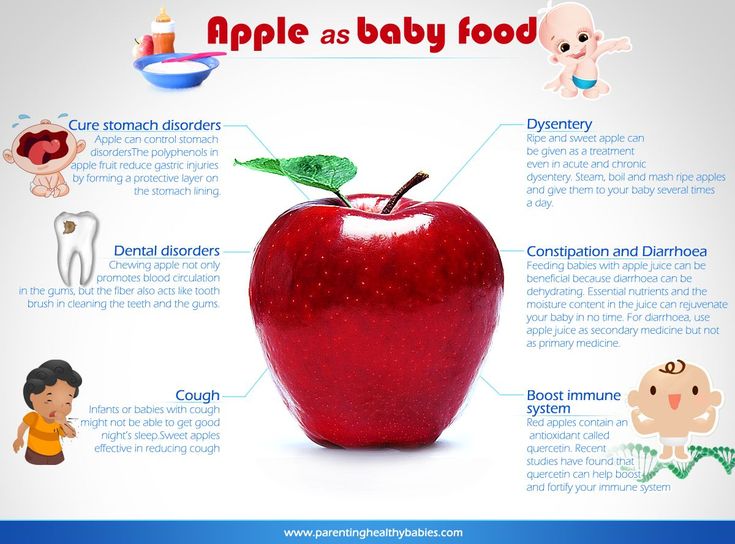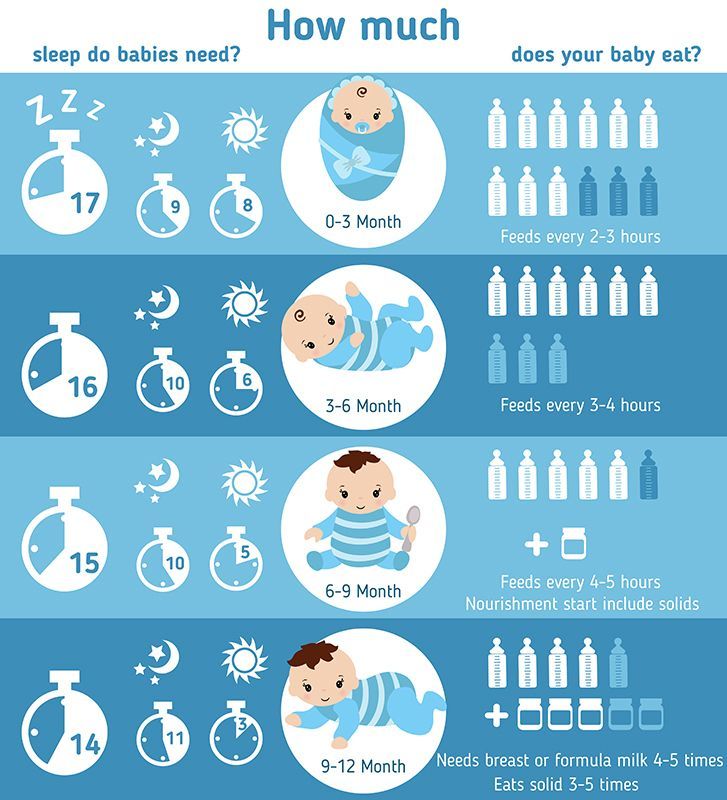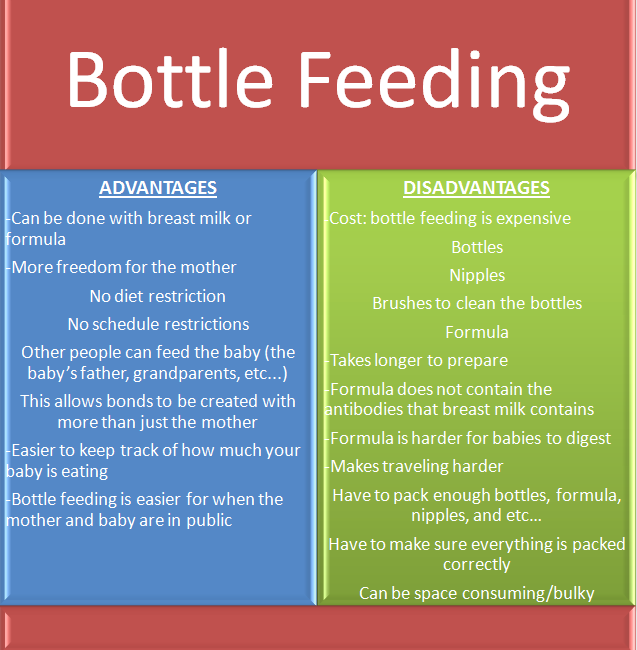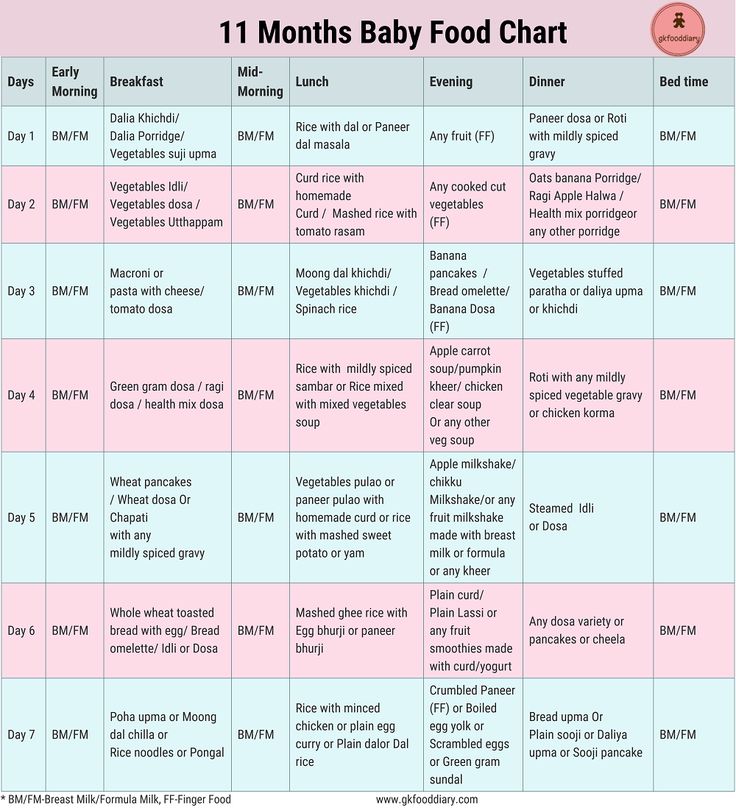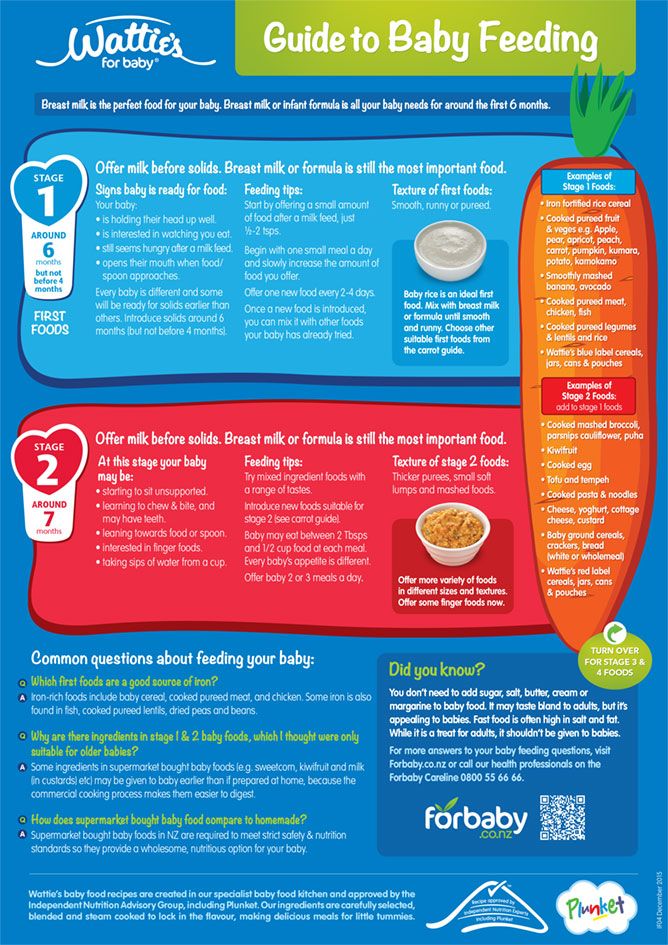1 year baby food in summer
11 Best Summer Foods To Prevent Dehydration In Babies
Summer can be a difficult time for babies and young toddlers. The heat can make your baby irritable, cranky and sweaty, which also makes him averse to food. Loss of appetite and dehydration are common in babies at this time – something that can be very worrying for us moms. These two conditions can mean the child isn’t getting enough nourishment and fluids as required by his body to function normally.
Before fixing our baby’s summer menu, it is important to first help him regain his interest in food. The first step, therefore, is to cool him down. The following tips will help you ensure that your baby is comfortable and cool in the summer season-
- Make sure the home environment is cool and comfortable by regulating the temperature using an AC/cooler, depending on how hot it is. Do not let your baby face the air-conditioner or cooler directly, but bring him to the room after it has cooled down
- If you are in a place that faces power cuts, remove layers of your baby’s clothing
- Keep your baby away from direct sunlight or enclosed spaces like heated up cars
- Some studies indicate that during hot weather, your baby won’t use as much energy to maintain his body temperature as in winter.
This is a major reason why he may have lost his appetite. You can try getting him to expend more energy with these indoor games for kids. If he works up an appetite, he may be more likely to gorge on food
- Bathe him in lukewarm water or let him splash around in a tub or inflatable pool indoors
- To keep him cool, use a clean and damp cloth to wipe him down at regular intervals
Best Summer Foods For Babies
Now, let’s get down to what you should be feeding your baby this summer. Regular Indian meals like sabzi and roti can be heavy for your little one and may make him feel uncomfortable and heavy. While these foods are undoubtedly essential, you should consider balancing them with some other wholesome foods that are lighter on the tummy.
Here are the best foods you should feed your baby this summer to keep him cool, well-nourished and protected against dehydration. All the foods and drinks below are suitable for babies of 6 months+ of age, who have been introduced to solids.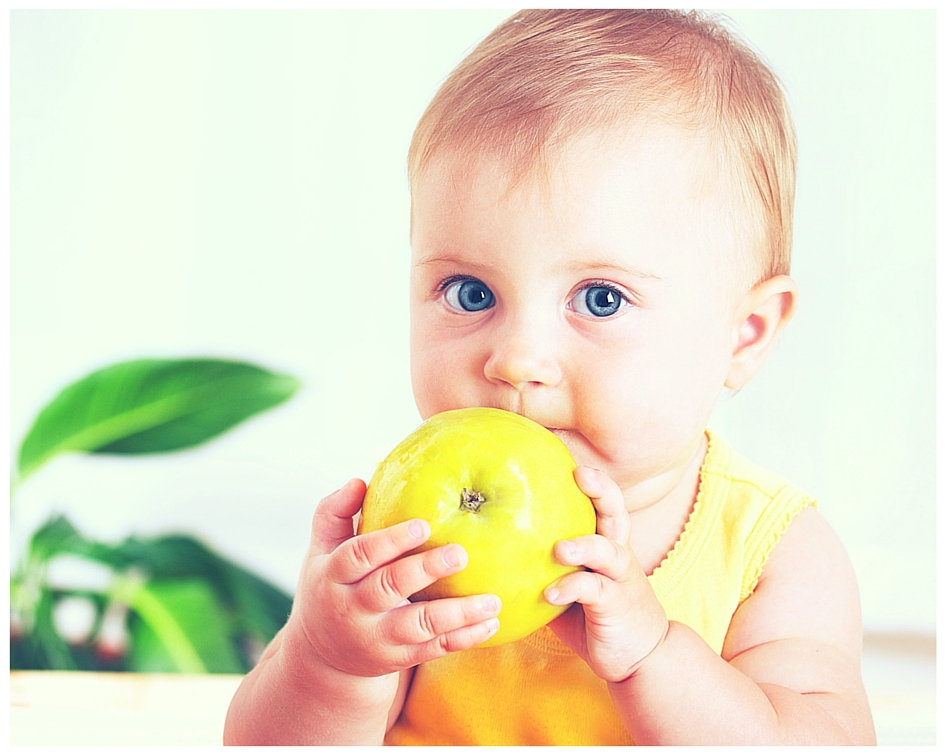
1. Khichdi
Khichdi is easy to make, is healthy, and provides your baby with protein. You can look at these 6 khichdi recipes this mom makes for her baby. These khichdi recipes are packed with nutrition and also very easy for babies to digest. Feeding khichdi lowers your baby’s chances of coming down with digestion problems like gas or diarrhoea at this time.
2. Curd Rice
Curd is loaded with calcium and is cooling for hot, summer days. Your baby will be able to cool down from the inside as well with this authentic curd rice recipe.
3. Lemon Rice
Lemon and lime are full of tangy goodness as well as essential vitamins. When paired with rice, it makes for a hearty meal that is not too heavy or greasy. Here’s a simple and yummy lemon rice recipe that your baby will enjoy.
4. Poha
Poha is already a staple in India. It is lighter than rice and easy to prepare. For a sweet twist to the regular poha, try out this mommy chef’s poha sweet recipe.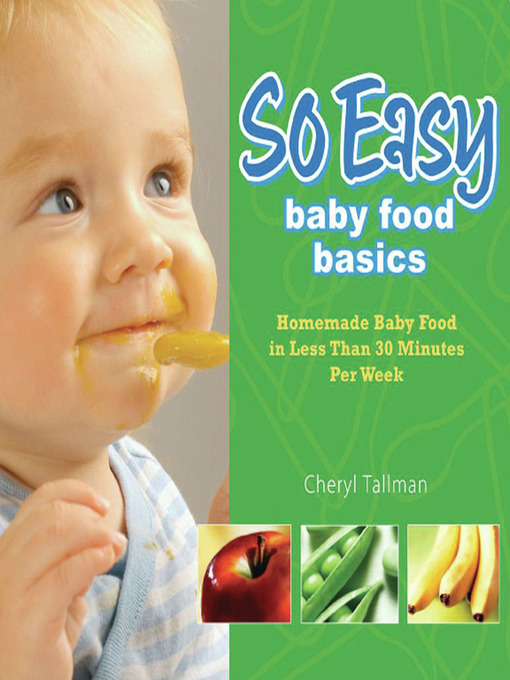
5. Custard
Milk custard with fruits is something most kids will gobble up if presented with. The best part is, it is extremely cooling too. You can easily add this dessert to your summer menu.
6. Jelly
Nutritionists recommend that you swap heavier desserts with jelly in summer. It is definitely lighter and satisfies the sweet tooth too. Just make sure you avoid highly processed items available in the market and opt for home-made, low sugar jelly. This orange jelly recipe is a delicious option you can serve to your toddler.
7. Fruit-Lollies
Another summery favourite is ice-lollies – great for hydration as well as reigniting the lost interest in food! But instead of the sugar loaded ones, simply blend and freeze fresh seasonal fruits to make your own heathy popsicles!
Best Summer Drinks For Babies
8. Breastmilk
If your baby is still under 6 months, then breastmilk is all he really needs to stay hydrated. You should avoid feeding your baby any other drinks such as fizzy drinks, or even water (if he is exclusively breastfed).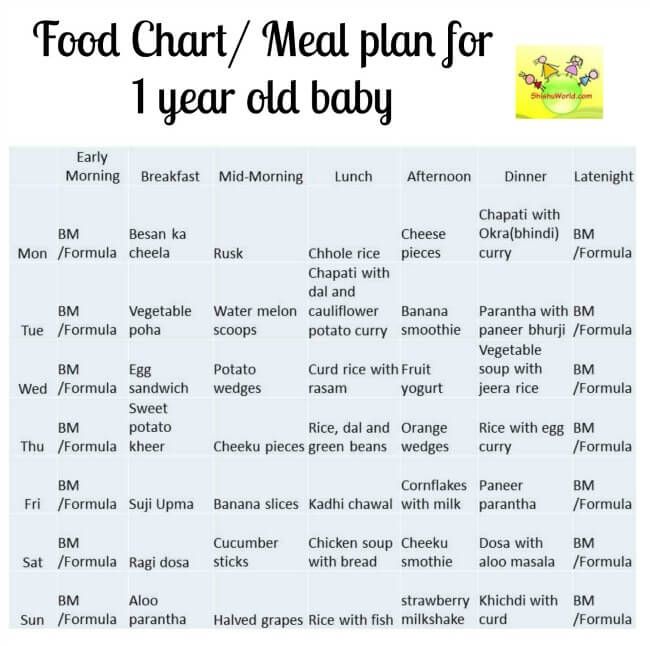
9. Coconut Water
Coconut water contains electrolytes that will replenish your baby’s body with fluids, especially if he has lost tons of water and salts through sweating. Plain, un-sweetened coconut water works best to combat dehydration.
10. Chaas/ Lassi
Yogurt is just the best summer food. It is both cooling and nutritious and also good for the gut. You can give your child chaas or lassi so that his nutrient-needs are fulfilled.
11. Nimbu Paani
Lastly, lemonade with some fresh mint leaves and masala…mmm! This classic drink is an expert at tackling dehydration. You can make large quantities of nimbu paani and store it in your fridge. Give your child a drink of this when the heat outside gets too hot to handle!
These summer foods and drinks for babies should keep your baby healthy and hydrated during the long summer months. But in case your baby still faces feeding problems and loses weight, it is best to see the doctor and figure out if your baby has a tummy bug.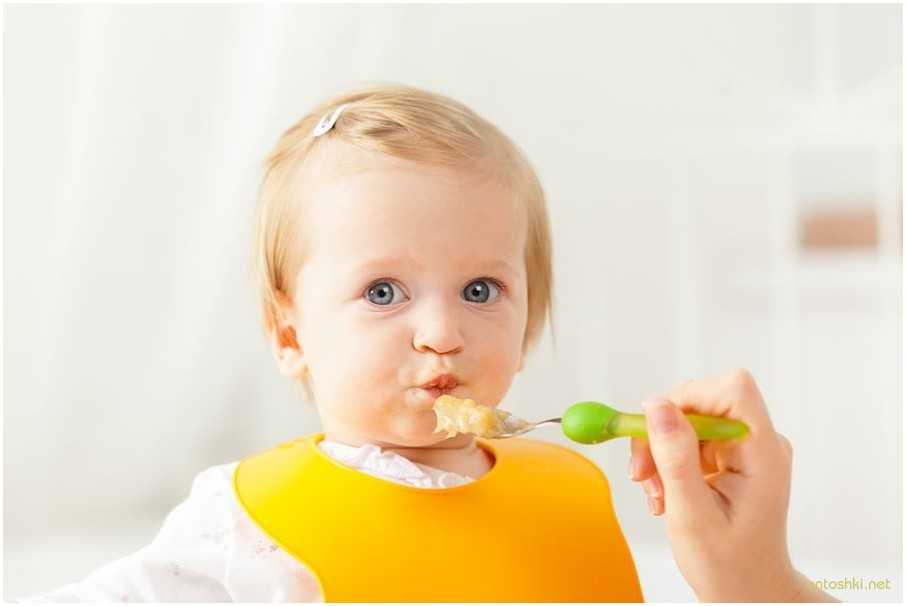
18 Best Cooling Summer Foods for Babies
The weather’s getting hotter and babies crankier! Keep them refreshed inside out with these Cooling Summer Foods for Babies – nutritious and hydrating!
18 Best Cooling Summer Foods for Babies
1. Watermelon
2. Cucumber
3. Coconut Water
4. Yogurt
5. Oranges
6. Tomatoes
7. Pineapple
8. Barley
9. Cumin
10. Mango
11. Muskmelon
12. Bananas
13. Avocado
14. Apples
15. Lauki or Bottlegourd
16. Green Beans
17. Papaya
18. Sabja Seeds
Buy Healthy Nutritious Baby, Toddler food made by our own Doctor Mom !
It’s summer, and depending upon how you look at it, it’s time for sweaty days and dehydration, or for mangoes and ice cream! Whatever the case may be, we adults can always find our own ways to beat the heat, and we can always reach into the fridge and make ourselves a refreshing smoothie or a salad.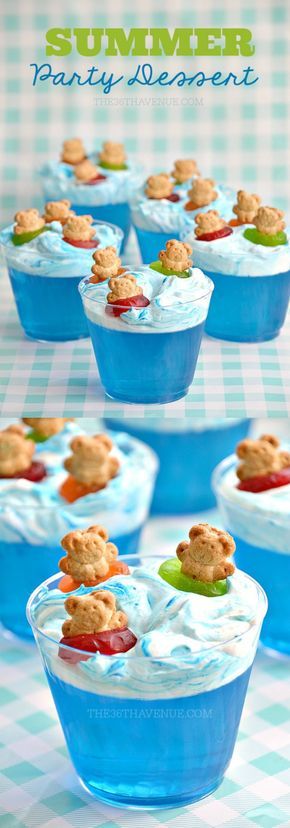
Unfortunately, little babies cannot do the same! Yet, they also have to deal with the summer heat, and it is up to us parents to make things comfortable for them, while also ensuring they get everything they need for healthy growth and development.
So what’s the best way to do this? Through food, of course! Breast milk is the number one thing babies can have in summer, since it contains all the nutrients they need along with enough hydration. But as your little one crosses the six month mark, you can expand her diet to include some more cooling summer foods.
Indian summers are harsh, but it also provides us with the right kinds of foods. This means that your best bet is to eat whatever is in season, since they’ll be the most flavorful and nutritious, not to mention less likely to be filled with preservatives and chemicals.
According to Ayurveda, every food has a heating or cooling property, and choosing cooling foods in summer will help keep your baby refreshed inside out.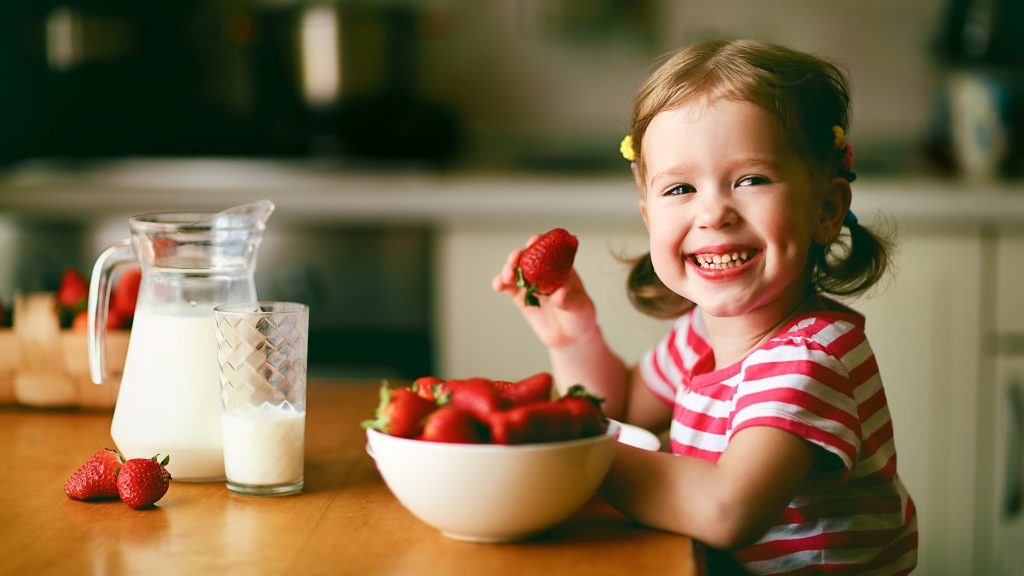 Such foods help the body regulate its temperature and prevent dehydration. Now babies can’t have all of these foods, so we’ve drawn up a list of baby-friendly foods for summer, so you don’t have to worry too much!
Such foods help the body regulate its temperature and prevent dehydration. Now babies can’t have all of these foods, so we’ve drawn up a list of baby-friendly foods for summer, so you don’t have to worry too much!
Important: Breast milk is the best food for babies, and the WHO recommends exclusive breastfeeding till the age of six months and complementary solids after that. The American Academy of Pediatrics (AAP) has revised its solid food guidelines in 2012, which now state that babies older than 6 months can now enjoy most foods without restriction. Yet, we have still listed the appropriate age recommendations for each food listed below. Please consult your pediatrician in case of any doubt.
1. Watermelon
When you think of summer foods, watermelon is sure to come at the top of the list! That’s not surprising, considering they’re made of 92% water. If that isn’t hydrating, I don’t know what is!
Besides the hydrating factor, watermelons also contain lots of vitamins, particularly A and B-complex Vitamins. Watermelons are also loaded with antioxidants that help eliminate toxins as well as lycopene which improve skin health.
Watermelons are also loaded with antioxidants that help eliminate toxins as well as lycopene which improve skin health.
It is recommended to introduce watermelons after 8 months of age, since melons may cause allergic reactions in some cases. However, if there is no family history of food allergies or sensitivities, you can introduce watermelons as early as 6 months.
The best way to feed babies watermelon is to cut out the flesh, ensuring there is no trace of the rind in it. Remove all the seeds completely. Now you can mash it into a puree or cut into sticks or chunks and offer as finger food.
Check out more healthy watermelon recipes for babies and kids.
2. Cucumber
Cucumbers are the watermelons of the vegetable section – they’re super popular during summers too! Like watermelons, cucumbers are also over 90% water by weight. Being a diuretic, cucumbers also enable elimination of toxins from the body.
Besides water, cucumbers are rich in B vitamins, flavonoids, electrolytes and lots of fiber, which helps the digestive system run smoothly during summer. It also helps to keep constipation at bay.
It also helps to keep constipation at bay.
According to AAP guidelines, cucumbers can be fed to babies after six months, but some babies experience gassiness from eating cucumbers. If you worry about this, you can introduce cucumbers after the age of 8 months.
It is not advised to cook cucumbers. Instead, you can cut it into chunks or sticks and offer to your baby as finger food. Another option is to grate cucumber and add it to baby’s other meals.
3. Coconut Water
Stand aside, soft drinks and fruit juices, when it comes to the ideal drink for summer, nothing can beat coconut water. Nature’s very own energy drink is packed with electrolytes, which prevent dehydration and nourishes the body in summer.
Coconut water is also rich in potassium, which promotes temperature regulation. Coconut water also cools the body and keeps the digestive system running smoothly. In fact, the electrolytic balance of coconut water is similar to that of human blood.
Coconut water is easily digestible for babies over six months, especially since the lauric acid in it is similar to that of breast milk. Besides, it is perfectly safe and sterile and does not require any further cooking. It can be offered to baby directly, or it can be used to make baby’s other meals like cereal.
Besides, it is perfectly safe and sterile and does not require any further cooking. It can be offered to baby directly, or it can be used to make baby’s other meals like cereal.
4. Yogurt
Sometimes the solution to certain problems are right in front of our eyes, but we realize this much later! Yogurt or curd is something made in most Indian homes and served with every meal, but it has recently got attention for its probiotic benefits.
The probiotics in yogurt are great for a healthy gut and to keep the digestive system running smoothly, but yogurt is also the perfect cooling summer food. Yogurt gives babies protein, calcium as well as Vitamin D. Probiotics also boost immunity and improves skin along with promoting healthy teeth and bones.
While cow’s milk is not recommended for babies under the age of one, yogurt is an exception since it does not contain lactose like milk does. It is easily digestible for babies and can be introduced as early as six months.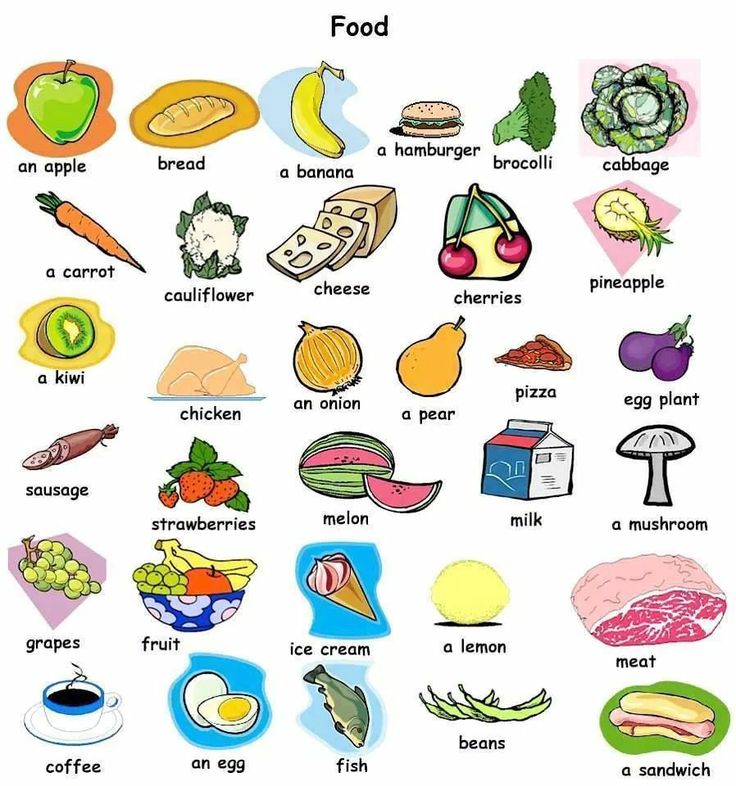 Opt for Homemade Curd over store bought ones.
Opt for Homemade Curd over store bought ones.
You can add it to other meals like Curd Oats Khichdi for Babies and Coriander Curd Khichdi for Babies. You can also combine it with fruit to make Easy Mango Yogurt or Homemade Strawberry Yogurt. You can also make refreshing drinks like a 3-Ingredient Mango Dates Smoothie, Watermelon Smoothie or Ragi Buttermilk.
5. Oranges
For many people, the best way to cool down after a hot day outdoors is a refreshing citrus fruit, particularly oranges! 80% of oranges is water, making this a great pick for hydration. Oranges also promote healthy digestion, which makes the body work less harder, thereby generating less heat.
What’s more, oranges are rich in potassium, a nutrient that’s lost through sweat. Eating potassium-rich foods in summer ensures the muscles stay healthy. Besides potassium, oranges are also rich in Vitamins A and C, calcium, dietary fiber and over 100 phytonutrients which have antioxidant effects.
While the new AAP guidelines don’t advise against oranges for babies over 6 months, many pediatricians recommend waiting till at least 10 months.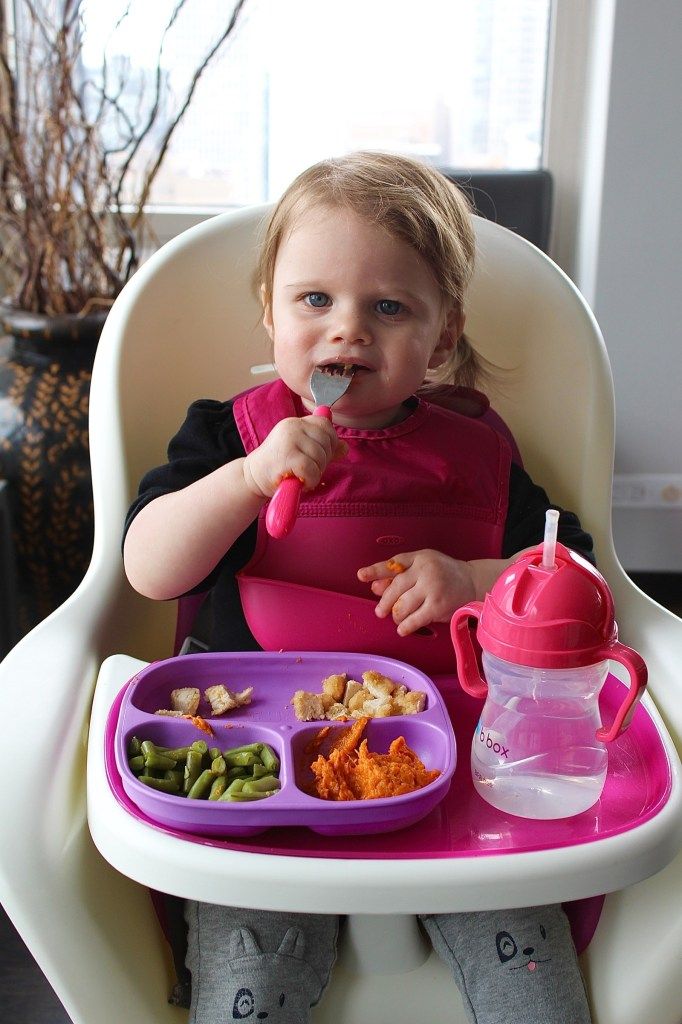 The reason is that citrus fruits contain large amounts of citric acids, which may cause rashes and tummy pains. If your baby is prone to food sensitivities or there is a family history of food allergies, you may want to wait till the baby’s first birthday.
The reason is that citrus fruits contain large amounts of citric acids, which may cause rashes and tummy pains. If your baby is prone to food sensitivities or there is a family history of food allergies, you may want to wait till the baby’s first birthday.
It’s best to give oranges as the fruit itself, by peeling the orange and removing the membranes and seeds from the segments. This ensures the baby gets the pulp too. If you’d like to start out with juice, dilute one part of juice with ten parts of clean water. Stick to just 3-4 ounces of juice a day.
You can also check out more orange recipes for babies and kids.
6. Tomatoes
Technically a fruit but clubbed with vegetables, tomatoes are an unlikely hero among summer superfoods! Tomatoes contain up to 95% water, making it excellent for hydration, but its also an immunity super star.
A medium tomato contains 47% of the RDA of Vitamin C as well as loads of Vitamin A – both essential nutrients for a healthy immune system. Tomatoes are also known for their high concentration of lycopene – an antioxidant that protects against skin diseases.
Tomatoes are also known for their high concentration of lycopene – an antioxidant that protects against skin diseases.
Due to their high acidity, experts recommend introducing tomatoes around 10 months of age. Before that tomatoes may cause rashes or tummy pains, particularly if consumed raw. However, if your baby is comfortable with most other fruits, you can try introducing it around 8 months of age.
Always serve tomatoes cooked, either as a tomato juice or added to babies dishes. You can also make homemade tomato sauce and offer along with other finger foods.
7. Pineapple
This spiky tropical fruit just screams summer, and not without reason! With nearly 88% of the fruit being water, it is a great hydrator and an ideal choice for hot summers. But that’s not all, pineapples are also rich in Vitamin C – even more than oranges!
Pineapples are also known to have anti-inflammatory properties, thanks to an enzyme called bromelain. It is great for skin health and cleanses the body of toxins.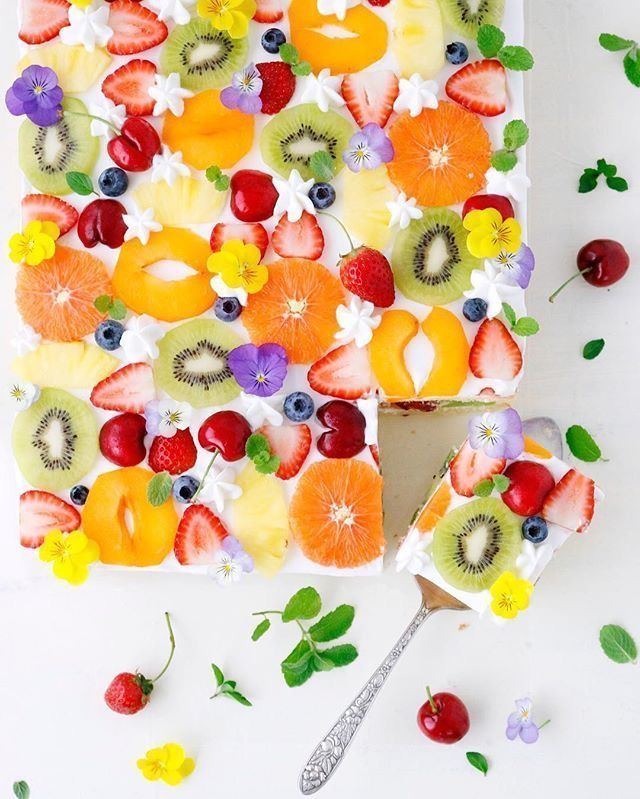 Pineapples are also rich in dietary fiber for smooth digestion.
Pineapples are also rich in dietary fiber for smooth digestion.
Pineapples can be given to babies over 6 months of age but if your baby has a sensitive digestive system or a family history of allergies, it’s recommended to wait till the age of one.
Start with a few tablespoons of ripe, juicy pineapple per serving. If it is too hard, you can steam or stew the fruit, taking care there are no tough or fibrous pieces when serving your baby.
You can also check out these healthy pineapple recipes for babies and kids.
8. Barley
When we choose our baby’s first foods, we tend to go by the current popular opinion and forget about traditional super foods. One such food is barley, which often gets ignored when compared to rice or wheat.
Barley is a great food for the summer since it reduces water retention in the body and helps it maintain its natural water balance. According to Ayurveda, barley is considered an ideal summer food, since it is vata-kapha, which means it is cooling in nature.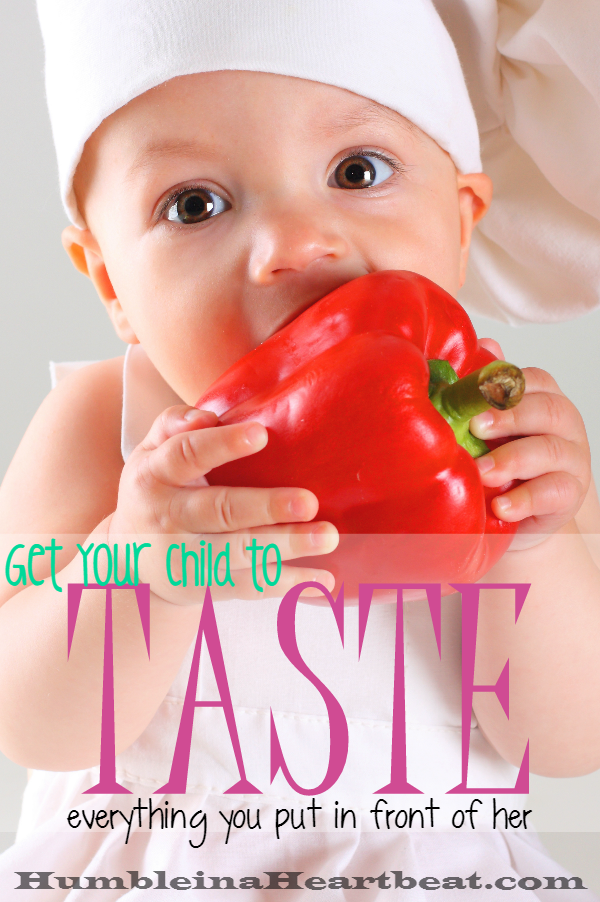
Barely is an ideal first food for babies and is safe for infants over 6 months since it is easily digestible. In case the baby has a family history of celiac disease or gluten intolerance, you may want to wait for a few months before introducing barley.
The easiest ways to offer barley to babies is via Barley Water or Barley Cereal. You can also check out these 20 Barley Recipes for Babies and Toddlers.
9. Cumin
Giving babies spices may seem odd, all the more so during summer since spices are generally associated with heat. However, this is where cumin, or jeera, stands apart from the rest! Cumin seeds are also known for their ability to help the body regulate heat. Besides, cumin seeds are rich in calcium, iron, potassium and copper.
One of the most well known benefits of cumin seeds is that it aids digestion. This means that less heat is generated in the body towards digestive functioning. The cuminaldehyde in cumin seeds is a compound that activates the digestive enzymes purely by its smell.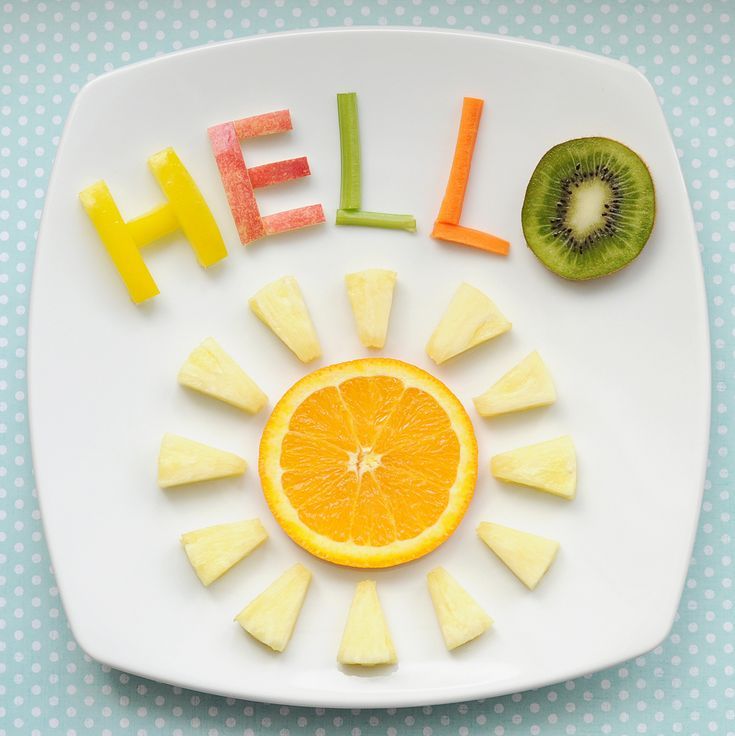
Cumin seeds can be given to babies over 6 months of age. The easiest way to do this is through jeera water, starting with 2-3 teaspoons, 2-3 times a week. Another option is to powder the spice and add it to baby’s food like khichdi or rice.
10. Mango
For an Indian, summer means one thing above everything else – mangoes! The title of ‘King of fruits’ is not a cliche – it is entirely deserving of it. Mangoes are an example of how nature knows exactly what we need in each season.
Approximately 83% of a mango is water. Mangoes are rich in Vitamins A and C, as well as essential minerals like calcium, magnesium and the summer nutrient potassium. Mangoes are also packed with dietary fiber and antioxidants.
Mangoes can be given to babies over 6 months, provided you choose completely ripe mangoes. The mango flesh can be mashed or sliced and fed as finger food. Make sure to remove any coarse fibers beforehand.
Check out more Mango recipes here.
11.
 Muskmelon
MuskmelonIf you though watermelons were the perfect summer fruit, you’re missing out on its close cousin – the muskmelon or cantaloupe. With 90% water, this is another fruit that is a great hydrator and perfect for summer.
Muskmelons are a diuretic, which helps the elimination of toxins. They’re also rich in Vitamins A, C, beta carotene and folic acid. Muskmelons are also rich in other minerals like calcium and potassium, preventing fatigue and dehydration in summer.
Muskmelons are safe to for babies 6 months and above. Muskmelons have enough fiber and are easily digestible for infants. They also ensure gut health and boost immunity. Muskmelons can be fed as chunks or slices for finger food, or as a mash.
You can also check out these muskmelon recipes for babies and kids.
12. Bananas
Bananas are among the most popular foods for babies across the world, but many don’t realize that they’re a great summer food too. Bananas are astringent, which enables the body tissues to absorb more water, thus cooling the body.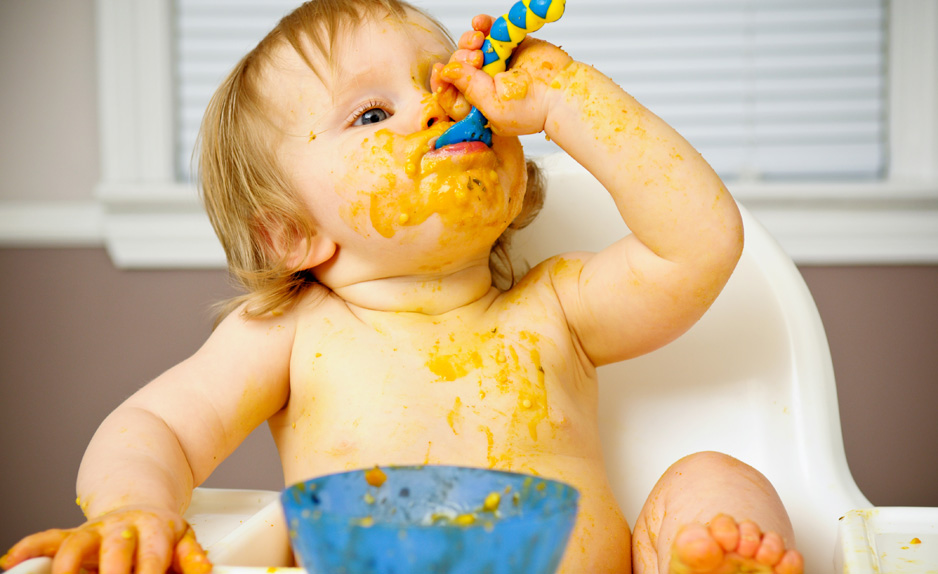
Probably the most prominent feature of bananas is its potassium content. A medium banana contains a whopping 422 mg of potassium, which prevents dehydration in summer. Being the only tri-segmented fruit in the world, bananas provide energy along with nutrients like Vitamins B6, C, magnesium and antioxidants.
Bananas are ideal for babies over six months since it is easily digestible and very unlikely to cause any allergic reactions. Bananas can be easily mashed without cooking or it can be cut into chunks and offered as finger food. Mashed banana can also be used as a natural sweetener in baby food.
Check out more healthy Banana recipes for babies .
13. Avocado
Avocados are fruits that have occupied prime spots in must have healthy foods across the world, mainly due to the high concentration of healthy fats. Yet few of us know that an avocado is a potassium super food, containing three times the potassium in a banana!
Being the fruit with the highest amount of monosaturated fatty acids, avocadoes promote easily toxin elminiation from the blood and helps cool the body.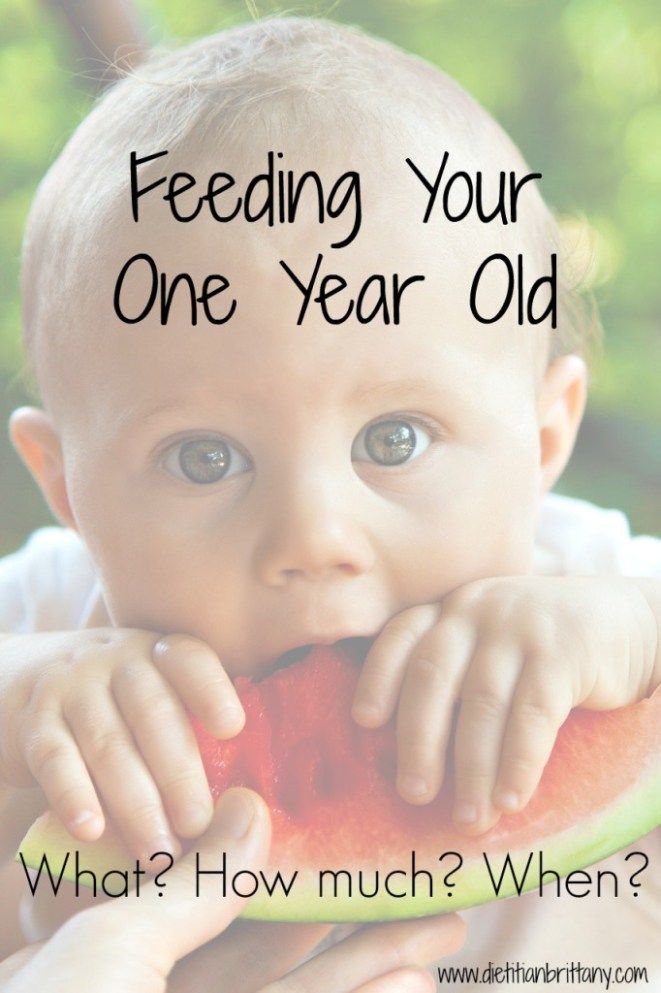 It is easily digestible as well, so the body doesn’t have to work as hard to digest it.
It is easily digestible as well, so the body doesn’t have to work as hard to digest it.
While the healthy fats in avocado are great for brain development in babies, they are also rich in Vitamins B, C, E and K. All these make avocados perfect for babies over 6 months of age. Avocado flesh can be mashed easily when ripe and fed to babies.
Check out these healthy Avocado Recipes for babies.
14. Apples
Have you ever put an apple in water? You’ll notice that it floats, and this is because apples are not as dense as they appear – in fact, they’re 84% water! Now you know why apples are a great summer food!
Apples have a good amount of dietary fiber because of which they promote smooth digestion. It also contains pectin, a soluble fiber that is filling while providing energy. Apples are also rich sources of antioxidants, especially the red variety.
Apples are a popular baby food and can be introduced as early as 6 months. Red apples are better since they’re sweeter.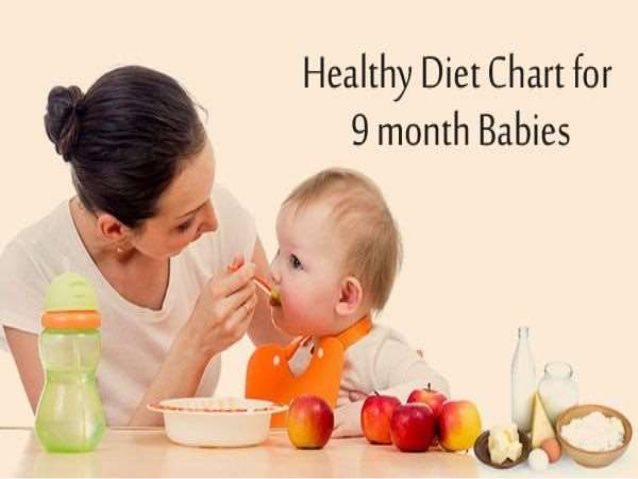 You can either make applesauce for your baby, or offer ripe apples as chunks of finger food. Avoid apple peel as it is difficult to chew, and avoid the seeds since they can be toxic.
You can either make applesauce for your baby, or offer ripe apples as chunks of finger food. Avoid apple peel as it is difficult to chew, and avoid the seeds since they can be toxic.
You can also check out these 30 Apple Recipes for Babies Under One Year.
15. Lauki or Bottlegourd
When you think of fruits or vegetables with a high water content, we tend to think of visibly juicy and watery produce like melons and cucumbers. However, there is another vegetable that offers great hydration – the humble lauki or bottle gourd!
With 96% water content, lauki is an excellent choice for summer. That’s not all, these gourds are rich in Vitamins A, C and folate as well as calcium and magnesium. Bottle gourds also ensures healthy skin and digestion and also promotes better sleep.
Being quite neutral in flavor, bottle gourds are ideal for babies over six months. They also pose a very low risk of allergies and relieve constipation. The easiest way to feed this vegetable is via a puree, either on its own or in combination with other veggies.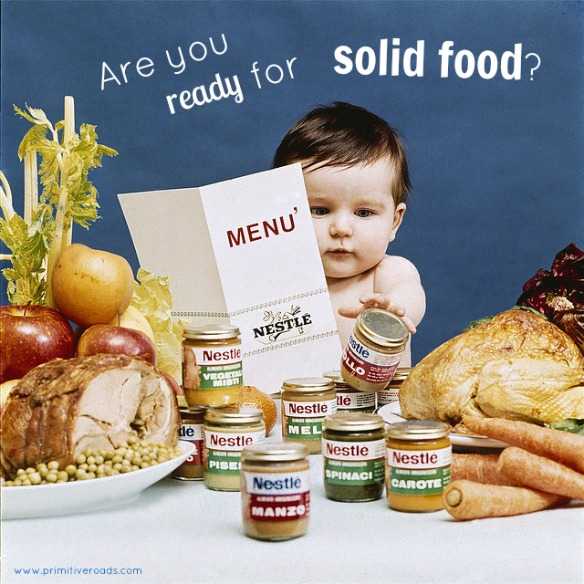
16. Green Beans
Green beans are something present in most homes, but few of us would think of them as hydrating vegetables. Whereas the truth is that these beans are nearly 95% water!
The hydration automatically make green beans a good pick for summer. But that’s not all, they also contain large amounts of calcium, manganese and Vitamins A, C and K. These beans are also high in antioxidants and dietary fiber.
Green beans are safe for babies over seven months, but they can cause gassiness in some babies. If your baby gets gassy after eating beans, hold on for some time and try again. A puree is the best way to feed babies green beans. Older babies can have steamed, soft beans as finger food.
17. Papaya
Many homes in India have a papaya tree in their backyard, making this fruit a staple in Indian kitchens. We enjoy both raw and ripe papayas; often without realizing that this is a great summer fruit!
Papayas contain close to 90% water by weight. It also contains an enzyme called papain which promotes digestion so the body doesn’t have to expend more heat to digest it. Papayas also contain an assortment of nutrients so that they’re even used in some traditional medicines.
It also contains an enzyme called papain which promotes digestion so the body doesn’t have to expend more heat to digest it. Papayas also contain an assortment of nutrients so that they’re even used in some traditional medicines.
Papayas are rich in Vitamins A and C as well as folate and beta carotene. Papayas are also rich in plant based antioxidants that prevent diseases. It also prevents inflammation and constipation.
Papayas are great for infants over 7-8 months, after introducing other basic first foods. Ripe papaya flesh can be easily mashed and fed to baby, thanks to its natural sweetness. You can also check out these healthy papaya recipes for babies and kids.
18. Sabja Seeds
Cumin seeds or jeera water is a popular summer drink in India, but there’s another variety of seeds that is also ideal for summer. These are sweet basil seeds, also known as Sabja seeds.
These tiny black seeds resemble chia seeds, but have different nutritional benefits.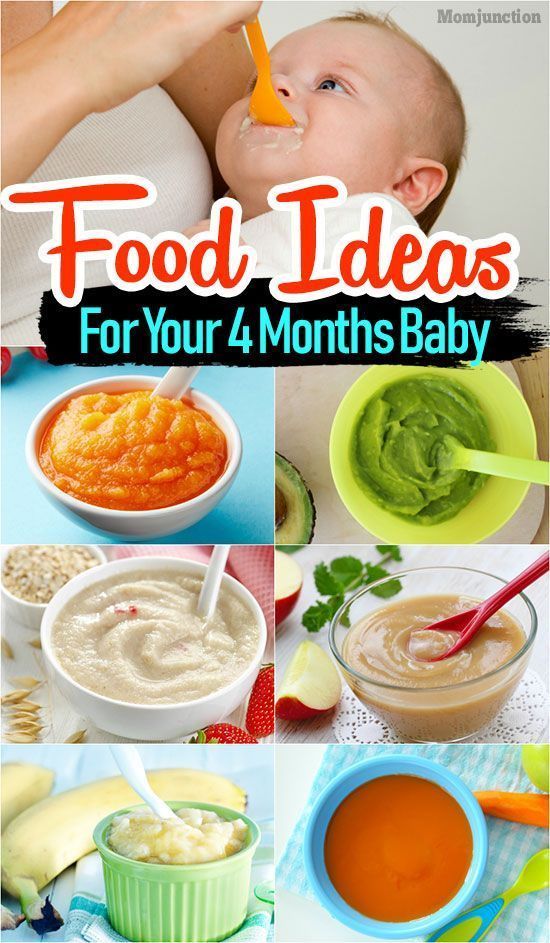 They are rich in protein, iron, calcium, magnesium, omega-3 fatty acids and antioxidants. They are perfect for summer because they help keep the body regulate its temperature by not getting overheated.
They are rich in protein, iron, calcium, magnesium, omega-3 fatty acids and antioxidants. They are perfect for summer because they help keep the body regulate its temperature by not getting overheated.
Sabja seeds can be given to babies over 8 months, but since they can be a choking hazard, some parents prefer to wait till the baby’s past her first birthday. For babies, soak a tablespoon of seeds in a cup of water for 10-15 minutes. Strain the water and feed the baby or use it in baby’s meals.
While not mandatory, it’s better to follow the 3-day rule to be on the safe side, and start with a small quantity in the beginning. If the baby displays symptoms like itchy rashes, abdominal pain, burning sensation in the mouth, swelling of the face or shortness of breath, he needs to be rushed to the doctor right away.
Buy Healthy Nutritious Baby, Toddler food made by our own Doctor Mom !
Shop now!Baby food in summer. How to feed a child in the heat
A child has many new experiences, discoveries and accomplishments in summer.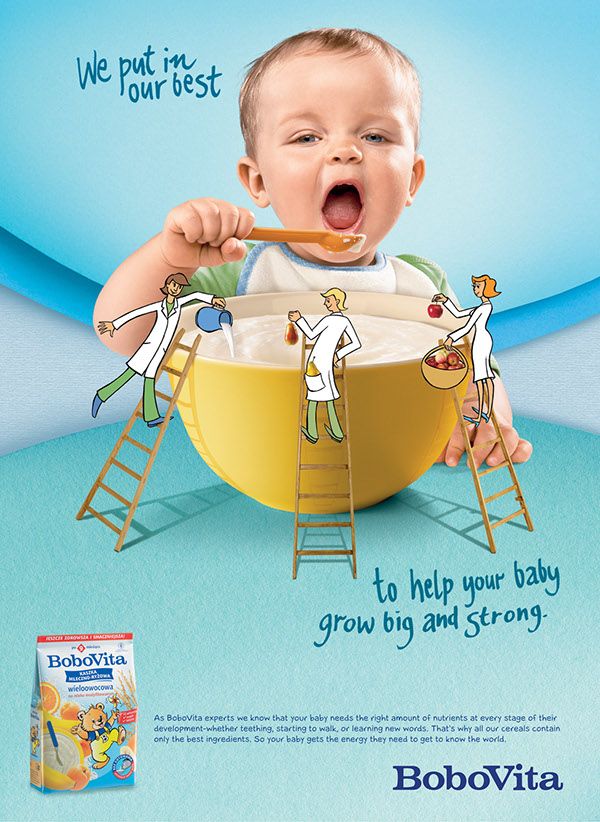 Summer is cottages, resorts, seas and rivers, beaches, sun ... and a change in appetite. The usual way of life and schedule change with the advent of the summer heat, the intensity of metabolic processes changes, and taste preferences are transformed. Children begin to abandon their usual lunches and dinners, switching to lighter meals. However, many parents begin to worry - will the child have enough if there are no familiar ones - “first, second and compote”. Especially important are the issues of nutrition for children of the first three years, their digestion is still very sensitive to various changes. How to feed your baby in summer? You need to remember the ten basic rules of summer nutrition. nine0004
Summer is cottages, resorts, seas and rivers, beaches, sun ... and a change in appetite. The usual way of life and schedule change with the advent of the summer heat, the intensity of metabolic processes changes, and taste preferences are transformed. Children begin to abandon their usual lunches and dinners, switching to lighter meals. However, many parents begin to worry - will the child have enough if there are no familiar ones - “first, second and compote”. Especially important are the issues of nutrition for children of the first three years, their digestion is still very sensitive to various changes. How to feed your baby in summer? You need to remember the ten basic rules of summer nutrition. nine0004
Rule one - changing the usual menu
In summer, due to the increase in external temperature, metabolism changes - calories are spent not on maintaining body temperature, but on cooling it. Children are very mobile and their metabolism is especially intensive, large amounts of water are lost with the evaporation of moisture from the surface of the body, and with it salt.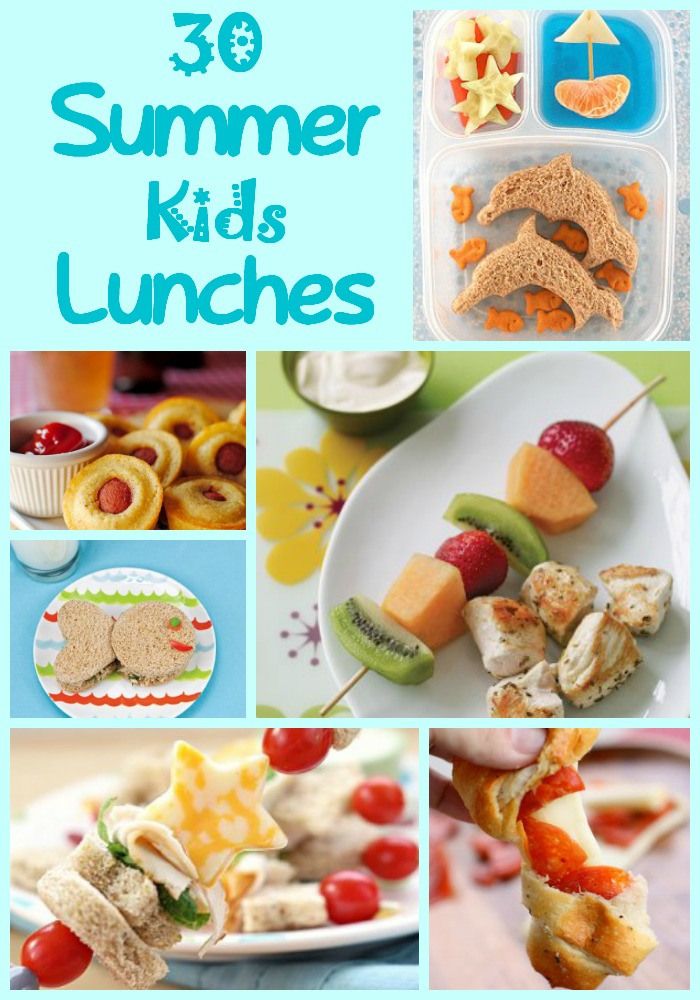 In addition, the child also needs proteins to build the body, on average about 4 grams per kilogram of body weight, especially of animal origin. nine0005
In addition, the child also needs proteins to build the body, on average about 4 grams per kilogram of body weight, especially of animal origin. nine0005
However, in hot weather, children are reluctant to eat meat products, so if the child refuses the usual dishes, it is necessary to find a worthy replacement for them. More actively children consume milk and dairy products, they act as a source of complete proteins. You can add egg yolk, cheese or cottage cheese to them. Due to these products, even if the child refuses to eat meat completely or is reluctant, it is possible to replenish protein reserves.
Despite the heat, there should be enough fat in the child's diet, however, the share of vegetable fats in the total percentage increases significantly - these are vegetable oils as salad dressing or vegetable stew. Fats are also found in dairy products, precisely because of the need for a regular intake of fats, the child is not given low-fat dairy products. Fats in the summer are actively involved in protecting the skin from the harmful effects of ultraviolet radiation, help the synthesis of vitamin D and K, give a feeling of satiety and energy.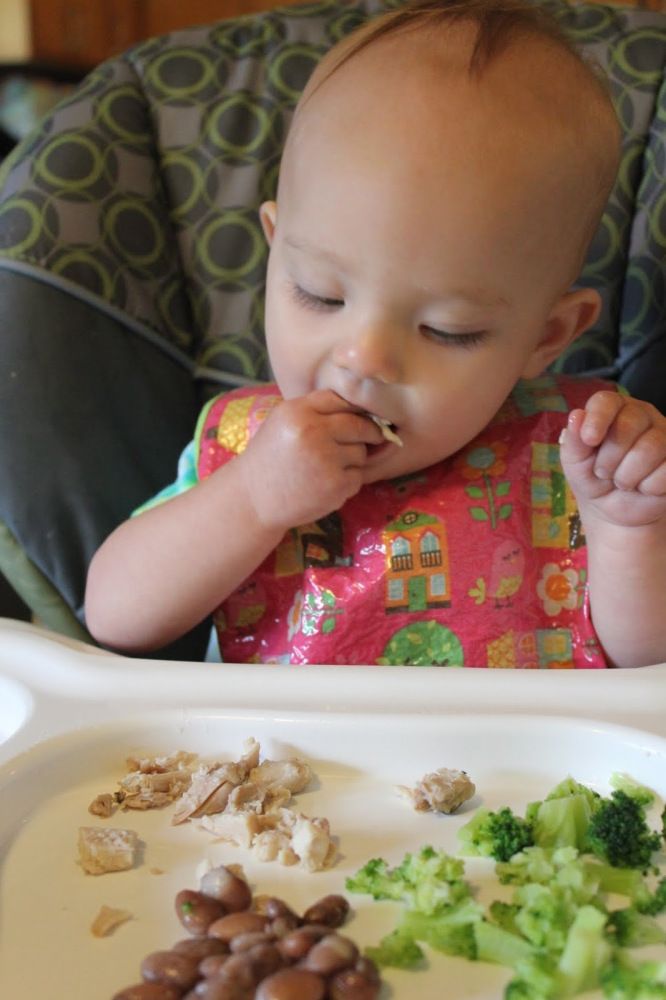 nine0005
nine0005
But an excess of carbohydrates in the summer will not be useful if a child is given a lot of buns and sweets; due to changes in metabolic processes, he will experience a deficiency of vitamins and protein. Carbohydrates, of course, must be present in the child's diet, but the vast majority of them should be complex carbohydrates - starch (from cereals) and glycogen (from offal). But the sugar of sweets, cookies or their sugar bowls, it is desirable to minimize, replacing it with sweet fruits and berries. nine0005
During the summer heat, the consumption of vitamins increases sharply. Therefore, the child needs to actively replenish them. Therefore, fresh fruits and vegetables, berries should be present in the diet of children every day, on average, a child needs to eat up to 250 g of them at the age of one and a half years, and up to 300 g at the age of three years.
Second rule - change meals
Due to the change in the temperature regime, there is a shift in the child's food intake.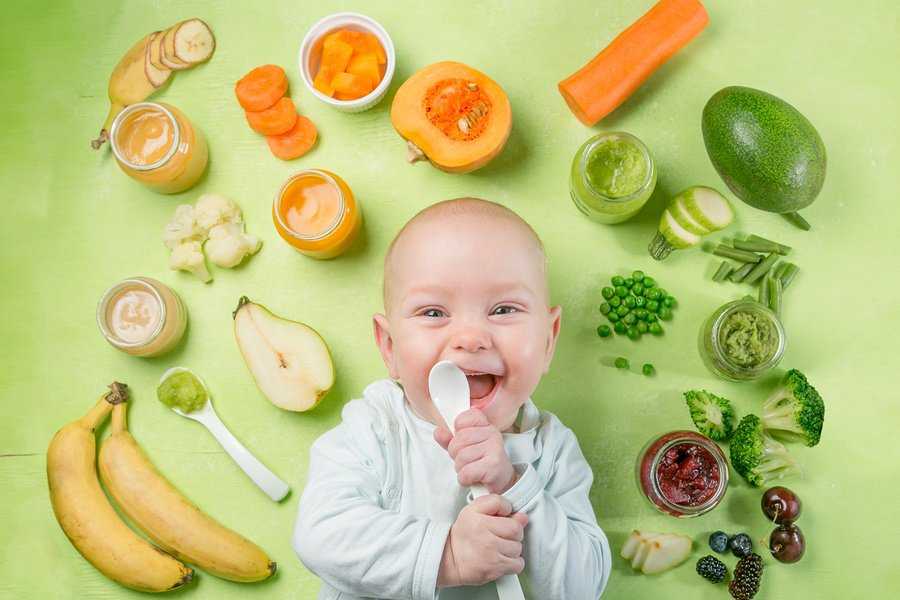 It is better to shift the intake of high-calorie and satisfying foods during the heat to the morning or late evening hours. When the heat recedes and the body can easily digest dense nutrition. Therefore, if the baby gets up early, feed him more heartily - you can give him a cereal, meat or fish dish, for a second breakfast give milk and a bun, cookies. nine0005
It is better to shift the intake of high-calorie and satisfying foods during the heat to the morning or late evening hours. When the heat recedes and the body can easily digest dense nutrition. Therefore, if the baby gets up early, feed him more heartily - you can give him a cereal, meat or fish dish, for a second breakfast give milk and a bun, cookies. nine0005
At lunch time, in the very heat, focus on light foods - cool sour-milk dishes (yogurt, kefir, cottage cheese) or vegetable or fruit purees. If it is more convenient for a child to have a snack in small portions, let him eat bananas and apples, drink juices, eat bagels, bread and cookies. And most importantly - the child needs to drink plenty of fluids.
In the evening, after the heat subsides, you can offer your child a more solid meal - vegetable or meat soup, cereals, vegetable purees with meat. nine0005
At night, you can give your child milk or fermented milk products - kefir, yogurt or biolact.
The third rule is to prepare dishes in a special way in summer
In the summer, all baby food changes, including the way food is prepared, so that the food is digested in the best possible way.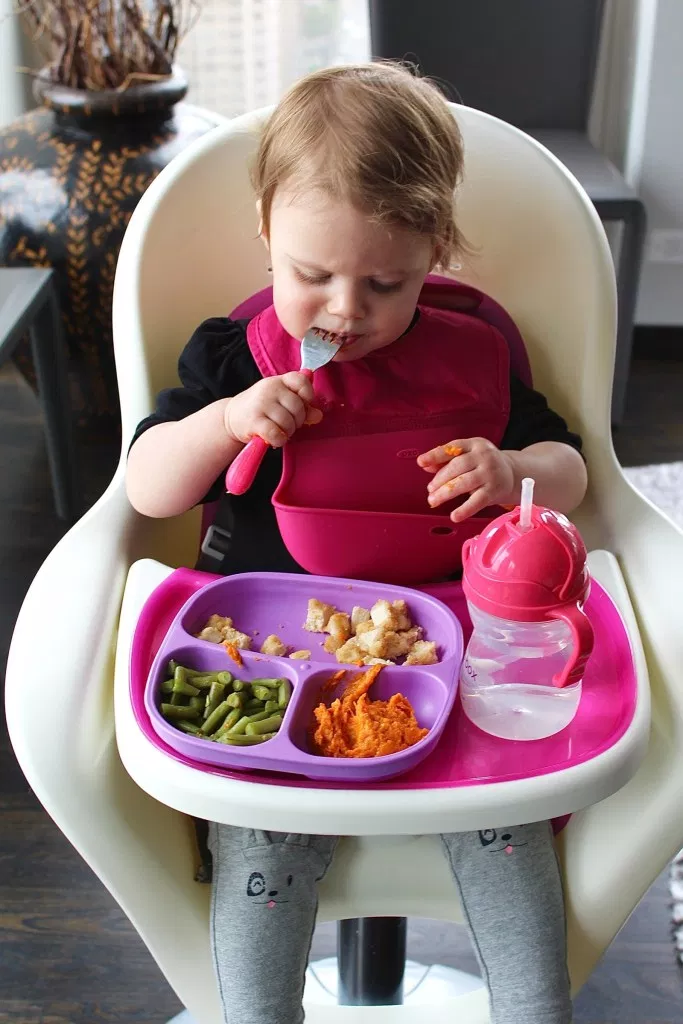 For babies who are just being introduced to complementary foods, it is possible to offer the use of not canned food, but home-made products, since the abundance of locally produced fruits and vegetables makes this quite possible. If possible, this should be boiling. Steaming and stewing. For older children, you can cook light soups, but postpone overcooking for the summer, they are more difficult to digest during the heat. nine0005
For babies who are just being introduced to complementary foods, it is possible to offer the use of not canned food, but home-made products, since the abundance of locally produced fruits and vegetables makes this quite possible. If possible, this should be boiling. Steaming and stewing. For older children, you can cook light soups, but postpone overcooking for the summer, they are more difficult to digest during the heat. nine0005
In addition, food spoils quickly in hot weather. Therefore, the best option would be to cook food at one time, in small portions, so that leftover food is not stored. It is very important for all children that the products retain most of the vitamins, therefore, even the smallest are recommended to gradually introduce fresh berries and fruits from their area. However, for children under three years old, all fruits and berries are thoroughly washed and then doused with boiling water (this is the prevention of intestinal infections and helminthiases). nine0005
Fourth rule - choose the assortment of summer products for children
No matter how much parents would like to diversify the baby's menu with various delicacies, it is necessary to remember that the body of a child under three years old is still very immature, and the digestion of food is not yet complete, not all enzyme systems have fully matured.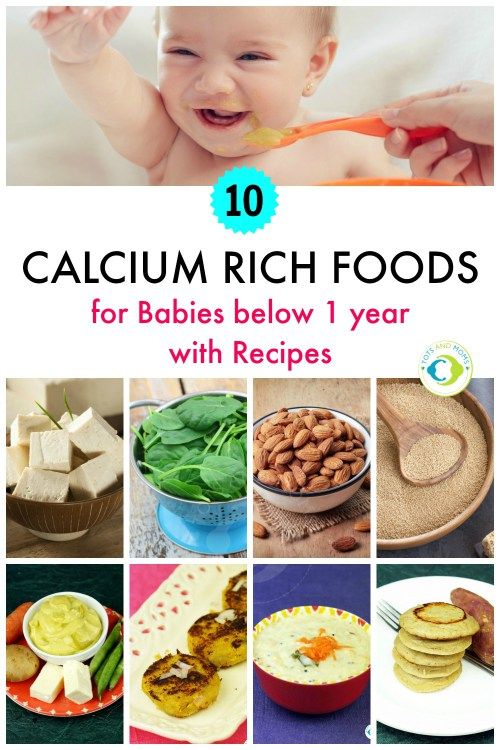 Therefore, many summer foods that parents consume should not be given to babies.
Therefore, many summer foods that parents consume should not be given to babies.
So, for example, okroshka is considered a traditional dish of the summer table, however, it contains products that are not useful for children. Babies should not at an early age sausage, which is part of okroshka, as this is a product with an abundance of preservatives, dyes and other chemicals, and is also very fatty. Kvass, despite all its naturalness, also cannot be classified as children's products. It is a product of fermentation and causes increased motility and flatulence with diarrhea in the intestines of the child. nine0005
Dairy products become another difficult issue of summer nutrition, parents want to amuse their kids and feed them with goodies - they are given ice cream and adult dairy products. But, unfortunately, these are absolutely not children's products, ice cream contains a lot of fat and artificial additives, and adult dairy products are not adapted in terms of fat and mineral components.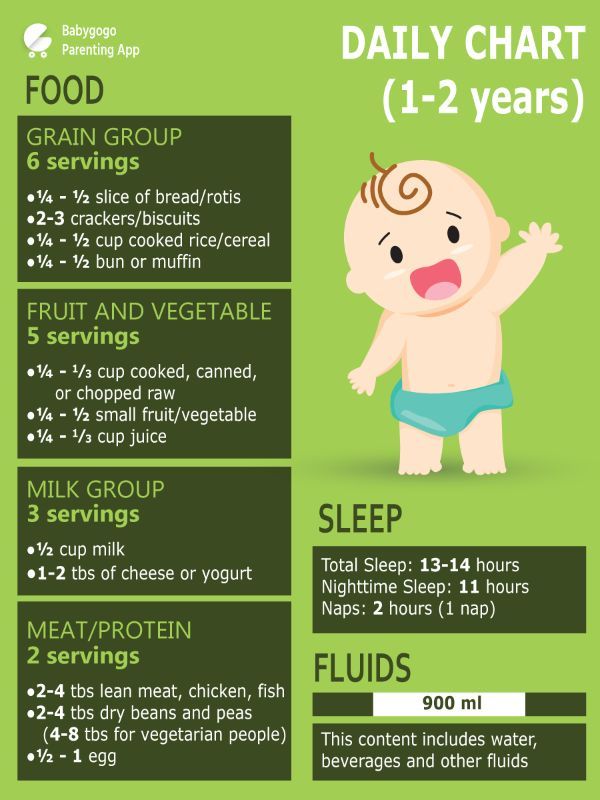 In addition, these products are an excellent environment for, which leads to the development of intestinal infections and hospitalization. nine0005
In addition, these products are an excellent environment for, which leads to the development of intestinal infections and hospitalization. nine0005
Rule Five - Strictly Follow Rules
All children's products, especially in summer, when they can quickly deteriorate, must be bought only following sanitary rules. Milk and dairy products should be stored in refrigerators with a temperature of 2 to 4 degrees Celsius until the time of purchase. You can not buy milk and dairy products for babies in markets and stalls where there are no refrigerators. Especially if they were bottled in plastic bottles from under other products. You should not take milk from neighbors in the country or in villages, it can be dangerous in terms of disease. nine0005
When buying, carefully check the expiration dates of products and the integrity of the packaging, if they cause you doubt, it is better not to buy this product at all. In the summer, do not store open jars and dairy products, even in a refrigerator.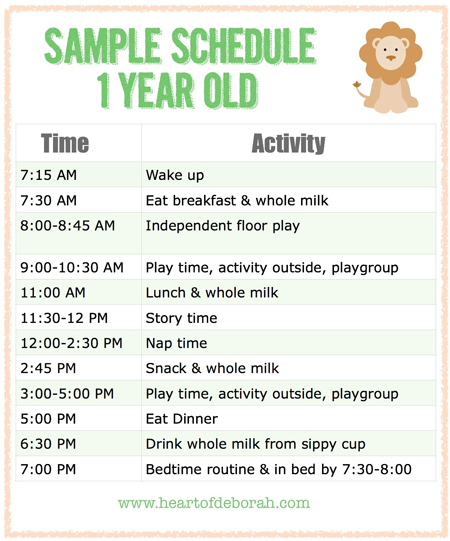 In heat, changes in products that are dangerous to the health of the baby occur within an hour, in a refrigerator - in 6-10 hours.
In heat, changes in products that are dangerous to the health of the baby occur within an hour, in a refrigerator - in 6-10 hours.
Sixth rule - do not forget about hygiene
In summer, intestinal infections and helminthic infestations become the main danger. The main way to get them is to lick dirty hands, eat sand, take a sip of water from a river or lake, eat an unwashed apple or drink infected milk. Therefore, parents with a vengeance need to monitor the hygiene of the hands and body of the baby. After each walk and visit to the toilet, it is necessary to wash the child's hands with soap and water, wash his face. On a walk, if it is impossible to wash your hands, make sure that the child does not pull their mouth, does not lick toys and does not eat with dirty hands. If the baby asks to eat outside, you must first clean his hands with antibacterial baby wipes and try to choose foods for a snack with which the hands do not directly contact - a banana in a peel, cookies in a package for which the baby will hold food and bite.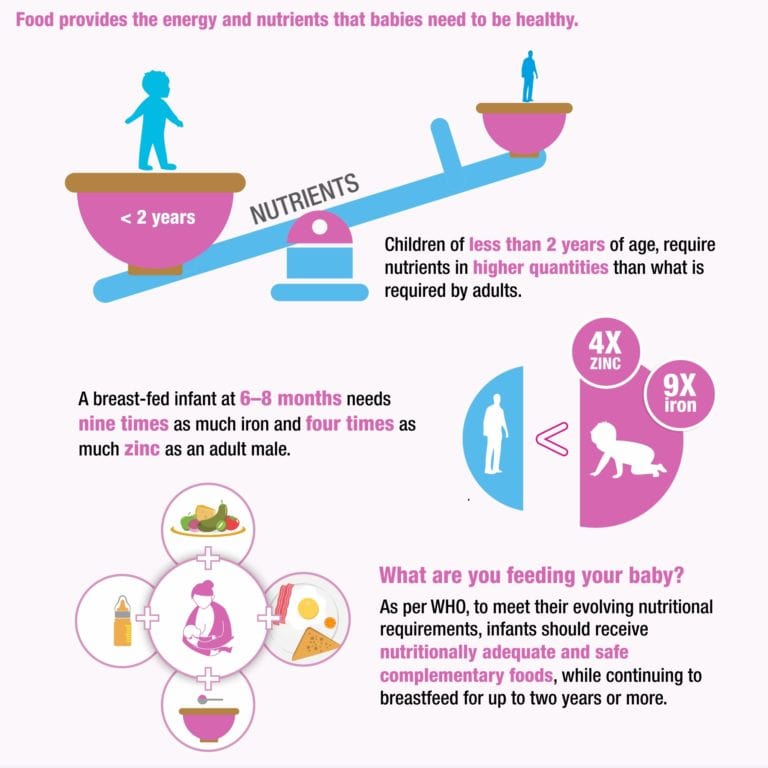 For very young children, prepare food in a sealed container and a clean spoon. nine0005
For very young children, prepare food in a sealed container and a clean spoon. nine0005
If the baby is still suckling the pacifier and has dropped it, do not lick it or wipe it with tissues and give it to the baby. It is necessary to replace the pacifier with a new, sterile one, and thoroughly rinse and sterilize the fallen one at home.
Thoroughly wash all fresh fruits, berries and vegetables under running water with a brush, and for children under three years of age, it is recommended to pour over them with boiling water (if these are berries) or remove the peel from large fruits.
Rule Seven - Be Wise
Of course, while it's summer outside, you want to pamper your child with all kinds of fresh fruits, vegetables and berries. But, it is worth remembering that children's digestion is still very delicate, and you should not give your child a lot of fresh fruits at once. First of all, if the child eats these products for the first time. Especially colorful or exotic fruits and berries always run the risk of developing allergies or food intolerances.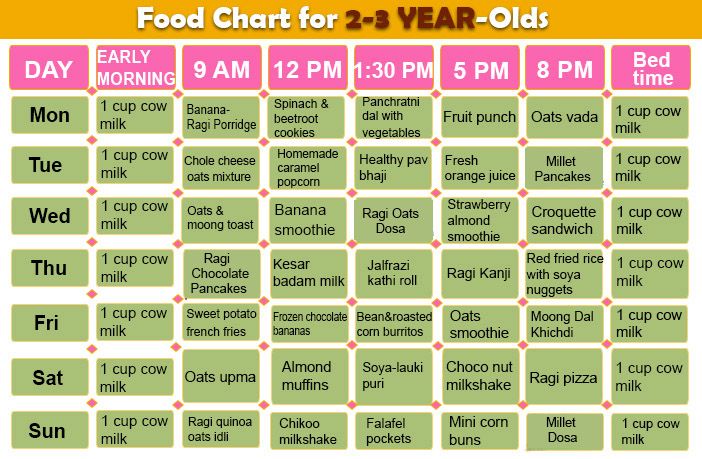 Therefore, initially you need to give the baby a small piece or a couple of berries for testing, and wait a day. If no rash or digestive discomfort occurs, a little more of this product can be given. nine0005
Therefore, initially you need to give the baby a small piece or a couple of berries for testing, and wait a day. If no rash or digestive discomfort occurs, a little more of this product can be given. nine0005
However, it is worth remembering - fresh fruits and berries can greatly weaken. They contain a lot of fruit acids that irritate digestion and fiber that stimulates peristalsis. Therefore, limit the intake of these products - it is better to give a glass of raspberries in several doses than to allow the child to eat it in one sitting.
Eighth Rule - Choosing Drinks
The best option is children's water, in which the amount of salts is balanced. Children's water can be drunk without processing, it is already ready for use. If you choose ordinary mineral table water, it should only be without gas. Ordinary water from a well or tap must be carefully filtered and boiled. nine0005
Young children, on average up to 2-3 years old, can be given special children's granulated teas - they contain vitamins and minerals, are easy to prepare and taste good.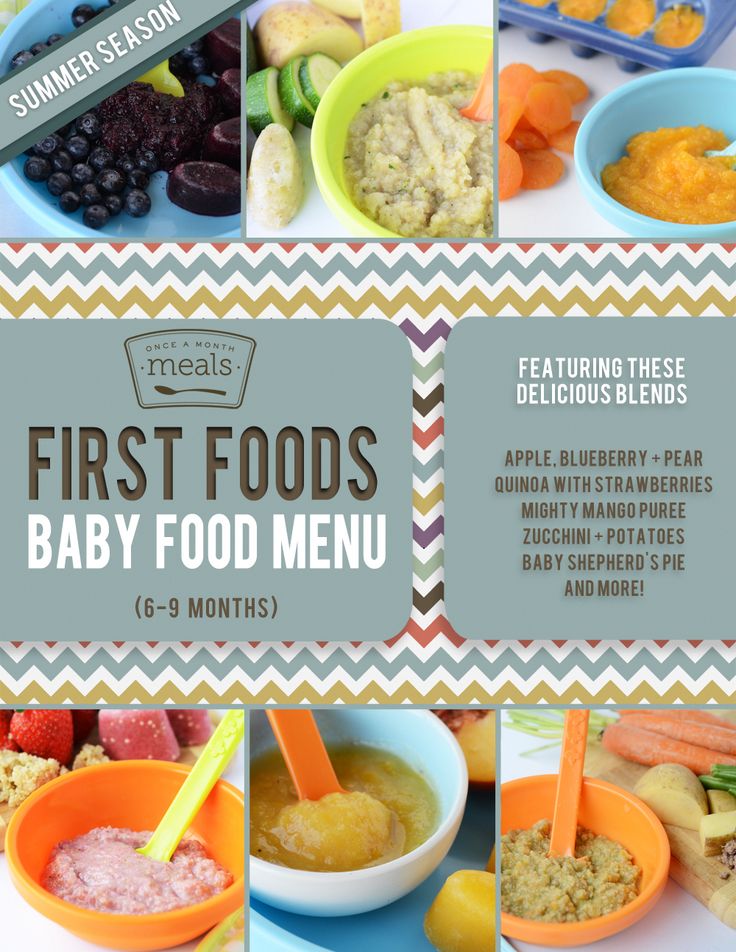 If you are making your own tea, it should be very weak, and preferably without sugar. It can be no more than 2 times a day, in the morning and afternoon.
If you are making your own tea, it should be very weak, and preferably without sugar. It can be no more than 2 times a day, in the morning and afternoon.
After a year, you can give your child to drink juices half diluted with water, or compotes made from fruits and berries with a minimum addition of sugar. nine0005
Rule nine - we form the correct drinking regimen
In order for a child to feel good, a correct drinking regimen is necessary. Then there will be no excess fluid loss with sweating and dehydration will not occur. Drinks for children are given cool - about 18-20 degrees, and for children up to a year - about 25-27 degrees. The most effective way to quench your thirst is to drink fractionally at the rate of 50 ml per kg of body weight per day, that is, on average, you need to drink a third of a glass of liquid every hour. nine0005
It would be most correct to give the child enough water in the morning. This will create a water reserve in the body, but during the heat, drink should be given only when the baby wants to drink, and do not give him too much to drink at once.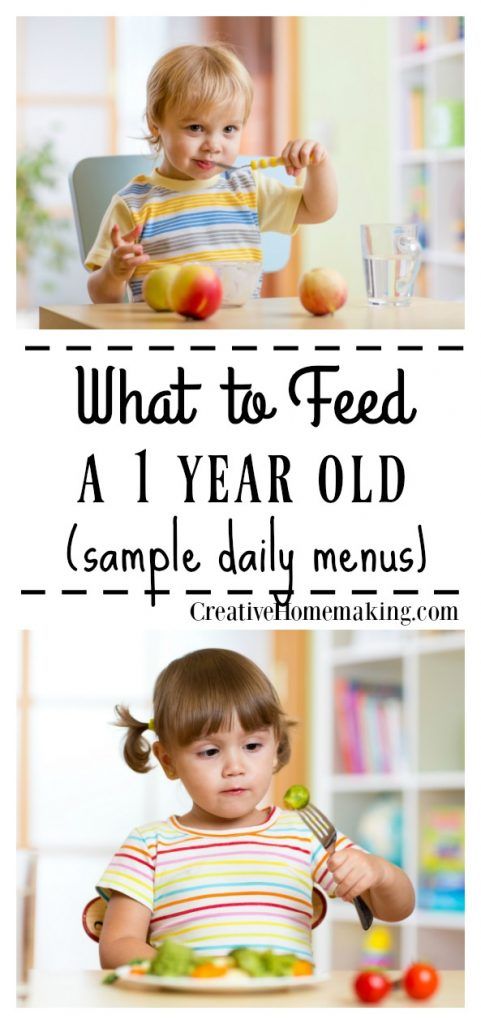 It is useful to drink the liquid slowly, in small sips. In the evening, as the heat subsides, you can again drink more actively.
It is useful to drink the liquid slowly, in small sips. In the evening, as the heat subsides, you can again drink more actively.
If the child is busy with active activities - running, jumping, playing in the air, constantly, every half an hour, offer him a little drink. During activity, the child loses twice as much moisture with evaporation than under normal conditions. nine0005
Tenth Rule - Catering for trips and picnics
In the summer, families, including those with small children, go to picnics and nature, go to summer cottages. During these trips, babies need to be fed properly to avoid poisoning and indigestion. First of all, you need to know that up to three years of age, foods usually consumed by adults on picnics - sausages, kebabs, barbecues and others, should not be given to children. They are too heavy and will cause indigestion. nine0005
For the child, it will be necessary to think over the food - if it is dairy products, they can deteriorate in the heat, so you can take them with you only if you have a cooler bag.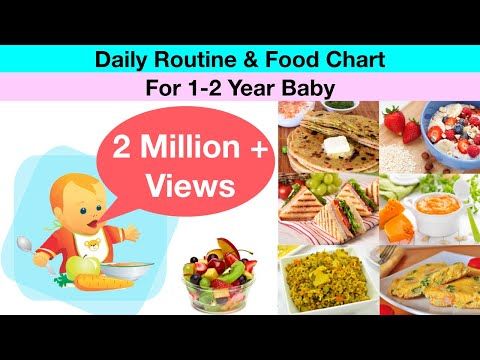 The same goes for homemade meals. On the road, it is better to take a simple and affordable snack - fruit or vegetable puree in a jar, juices in bags or bottles, buns or cookies, something that you can have a snack easily and simply. You can also take fruits with you, you just need to wash them thoroughly at home, and on the road, do not forget to wash your child’s hands beforehand. nine0005
The same goes for homemade meals. On the road, it is better to take a simple and affordable snack - fruit or vegetable puree in a jar, juices in bags or bottles, buns or cookies, something that you can have a snack easily and simply. You can also take fruits with you, you just need to wash them thoroughly at home, and on the road, do not forget to wash your child’s hands beforehand. nine0005
If you remember these simple rules and follow our advice, summer food for your baby will not be a problem for you, you will be able to feed your baby tasty and healthy.
You can also read about summer nutrition for babies, find out recipes for "summer" dishes, plan what to feed your child on the road, in our article Summer 2008: what to feed your child at home and while traveling .
More useful "summer" articles:
Summer 2008. How to protect your child from mosquitoes, ticks and other bloodsuckers
Summer 2008: dress, shoes and protect from the sun!
Summer 2008. Part I: Breastfeeding
Part I: Breastfeeding
How to improve immunity in the summer with proper nutrition
Menu for a 1 year old child for a week, rules and recipes
go back
| Menu author: Natalia Dik — pediatrician. She graduated from the Chelyabinsk Medical Academy, clinical internship and residency, specialty pediatrics. She has been working in her specialty since 2007, from 2005-2008 she has been the head of the Allergy Department of the City Clinical Hospital No. 1 of Chelyabinsk, since 2008 she has been a specialist in clinical trials of drugs. She enjoys cooking and practices the Menu of the Week system in her daily life. |
What food should be on a child's menu after the first birthday? Perhaps there is no mother who would not ask herself this question at least once. nine0005
The baby more and more confidently eats not only pureed dishes, but also dishes with small pieces of food, his diet at 1 year old gradually expands, the menu becomes more diverse and as a result, the mother has a lot of opportunities for culinary experiments.
It is possible and necessary to experiment, because it is at an early age that a child develops eating habits . You don't want him to turn his nose away from a plate of food in the future because it contains fried onions or baked broccoli, do you? Then start introducing him to a variety of products and how to cook them now! nine0005
Things to remember when compiling a menu for a child after 1 year:
- First of all, try to follow the same feeding schedule for better production of digestive enzymes . It is recommended to give "adult" food to babies 5 times a day at intervals of 3.5-4 hours: breakfast, lunch, afternoon snack, dinner and milk or kefir at night. It is very good if the mother's lactation is preserved, and it is possible to continue natural feeding on demand. Usually, children ask for a breast in the morning after waking up, in the afternoon after taking regular meals, or in between and before bedtime. With artificial feeding, babies usually continue to drink formula milk in the morning and before bedtime after a year.
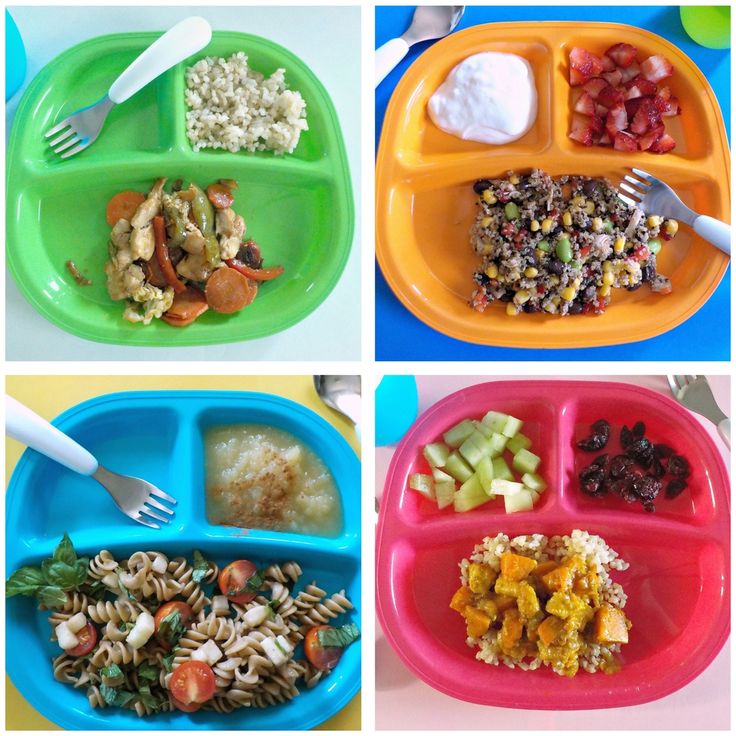 nine0144
nine0144 - Diversifying the diet of is easy: it is enough to include vegetables, fruits, cereals, protein products (milk and dairy products, legumes, meat, fish) and fats (vegetable, butter, sour cream) in it daily. For example, if there was a cereal side dish for lunch, it is better to cook a vegetable dish for dinner, and vice versa.
- The most optimal ways of cooking are stewing, boiling (in water or steam), baking. But there are some peculiarities: if you cook soup in broth, it is better to use boneless meat and drain the first broth to avoid overstimulation of digestive enzymes
- You can gradually introduce children to various spices and seasonings (cinnamon, coriander, cumin, etc.). Of course, a lot of spicy additives (pepper, garlic) are best avoided, as well as products with artificial flavors (seasonings containing monosodium glutamate, etc.). It will be more useful if the baby learns to enjoy natural tastes.

- All mothers are well aware that water is very important for the health and well-being of babies, so make sure that your child drinks enough water between feedings (in extreme cases, unsweetened tea or a decoction of herbs, rose hips). You can pour water every morning into a sippy cup or bottle in a volume of about 300 ml and periodically offer him a drink. nine0144
MONDAY
Breakfast: Wheat porridge
Lunch: Pumpkin puree soup recipe with chicken
Dinner: Zucchini and carrot casserole
Pediatrician's comment:lunch often offers broth and steamed vegetables. In my opinion, puree soups combine two dishes at the same time, thereby saving time on cooking. Complementing them with steam cutlets or meatballs (from meat, poultry or fish), we get a full meal. nine0004
|
TUESDAY
Breakfast: Oatmeal Porridge with Caramel Apples
Lunch: Broccoli Soup, Fish Meatballs
Dinner: Zucchini and Carrot Casserole
Pediatrician's comment: For afternoon snack you can give your baby fruit (if there are still problems with pieces, then in the form of puree or grated), cottage cheese, yogurt or kefir with children's cookies. |
Wednesday
Breakfast: Puding from cottage cheese
Lunch: Broccoli soup, fish meatballs
Buckwheat
Pediatrician's comment:
Many children even a year prefer to have breakfast with breast milk or formula (if they are formula-fed). Dairy porridge has always been considered a tasty and satisfying breakfast. In addition, you can cook cottage cheese casserole or scrambled eggs. nine0004
Thursday
Breakfast: Omlet
Lunch: soup puree from various vegetables, cutlets
Dinner: buckwheat porridge
Pediatrician's comment:
For dinner many children have enough porridge or vegetable puree.
.

 nine0004
nine0004 